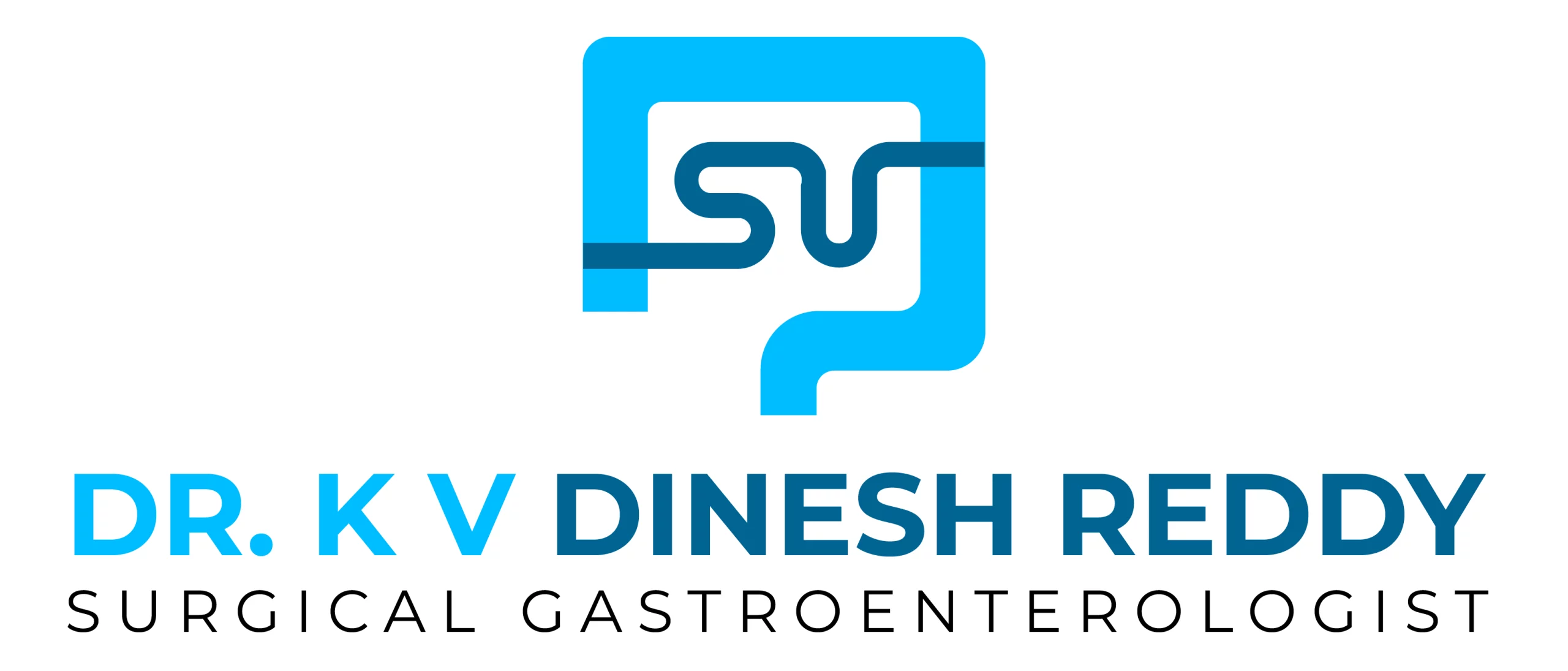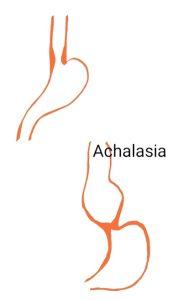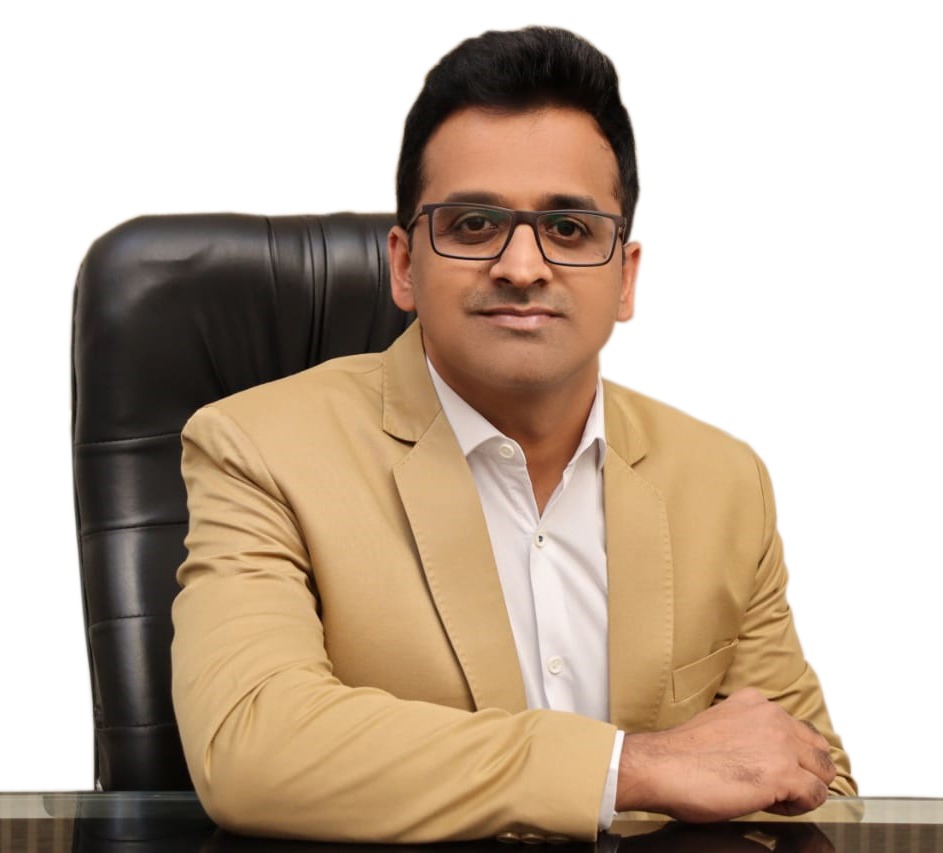Achalasia cardia can lead to several complications. The primary complication is difficulty swallowing food and liquids, which can cause weight loss and malnutrition. Additionally, retained food in the esophagus can lead to the development of lung infections, such as pneumonia. Over time, the esophagus may dilate, leading to a condition called megaesophagus, which can further worsen swallowing problems. In rare cases, esophageal cancer may develop in individuals with long-standing achalasia. Prompt diagnosis and proper management are crucial to prevent these complications and improve the overall quality of life for individuals affected by achalasia cardia. Regular follow-up care with healthcare providers is essential to monitor the condition and prevent potential complications.




